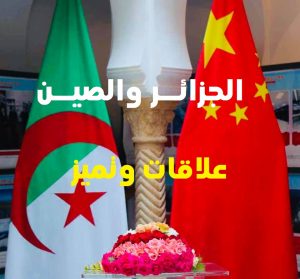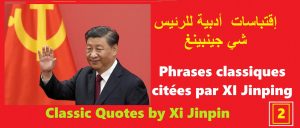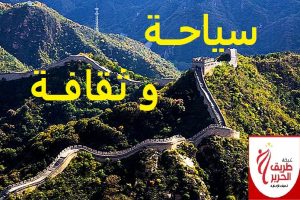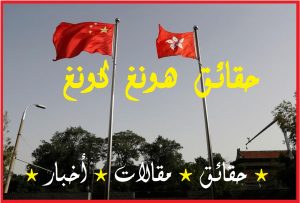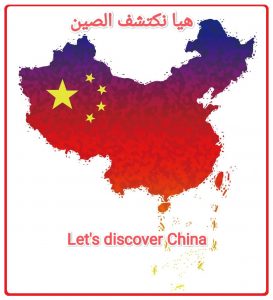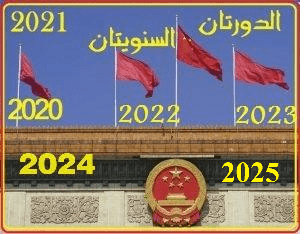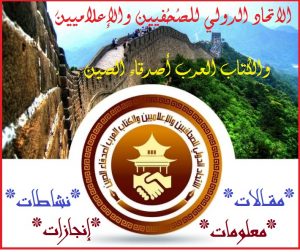Chinese Leadership in an Age of Transition: Reading Xi Jinping’s Integrated Governance Model
منذ 4 أشهر في 24/أكتوبر/2025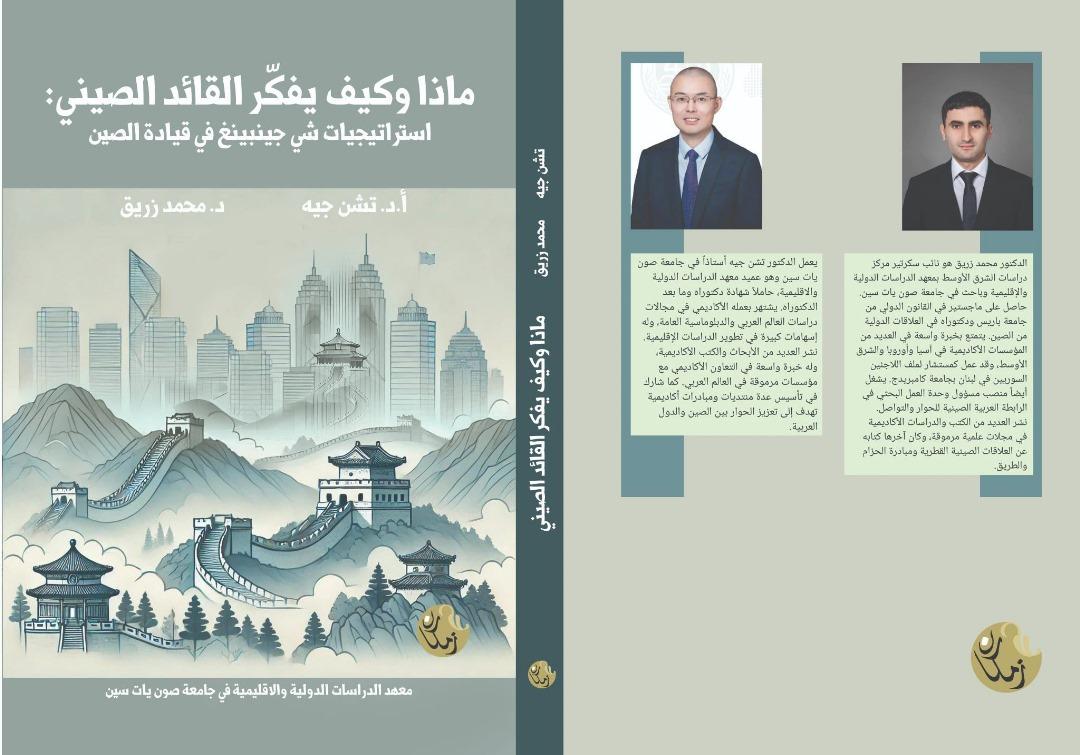
شبكة طريق الحرير الصيني الإخبارية /Silk Road News Network/
Chinese Leadership in an Age of Transition: Reading Xi Jinping’s Integrated Governance Model
Dr. Aydah Almasri
In a world where energy shocks, supply-chain disruptions, and waves of artificial intelligence collide with great-power competition, China has emerged as a distinctive case study in managing transition—not a template to be copied, but a governance system that combines strategic direction with executive capacity.
Against this backdrop, the book What and How the Chinese Leader Thinks offers more than political exposition; it maps how the Chinese state is steered through four interlocking pillars that together form what can be called Xi Jinping’s integrated governance model:
Economic Modernization: shifting growth from quantity to quality through industrial innovation, green technologies, and the onshoring of critical supply chains to reduce risk. The aim is not simply to maximize output, but to manage economic risk and balance openness with autonomy.
People-Centered Governance: grounding legitimacy in the quality and fairness of public services rather than slogans. Citizens are partners in performance assessment; the state must persuade society through results. In this sense, “people first” becomes a governance metric any system can use to connect efficiency with accountability.
Discipline and Administrative Reform: safeguarding performance and preventing erosion of integrity through institutional oversight. Anti-corruption drives are not only punitive; they are an administrative design to synchronize tiers of government and lower coordination costs. From a conflict-management lens, discipline functions as a mechanism to contain conflicts of interest and preserve institutional trust.
Developmental Diplomacy: the external projection of the same administrative logic. The Belt and Road Initiative is presented not merely as an investment program, but as a form of external governance that extends internal integration to international relations—building trust via partnership and turning development into a language of soft influence.
The book frames this approach around a core premise: “the people are the cornerstone of the state, and development is incomplete unless it translates into tangible improvements in people’s lives.” Leadership thus shifts from top-down authority to managing public impact, and success is measured by problem-solving in everyday life rather than the volume of plans and decrees. This aligns with the literature on performance-based legitimacy in public administration, where efficiency converts into trust, and trust into the institutional capital that underwrites stability.
Taken together, these four pillars suggest a hybrid governance model that fuses political stability with administrative agility—making performance the yardstick of leadership and discipline the guarantor of sustainability. Despite its cultural specificity, the model offers a rich field for studying how a modern state can balance market and government, efficiency and equity, sovereignty and international integration.
This balance is the book’s real value: it invites researchers and public-affairs readers to see leadership not merely as political will, but as a complex management system in which interests, conflicts, and goals are coordinated within a single web of smart control of transition. From this standpoint, China’s experience is not presented as a ready-made blueprint, but as an analytical case for understanding how leadership is structured and trust governed at a time when the very metrics of power and administration are shifting.
* This article draws upon an analytical reading of What and How the Chinese Leader Thinks: Xi Jinping’s Strategies for Leading China by Chen Jie and Mohammed Zureiq (Zamkan Publishing, Beirut, 2025), further expanded through the author’s expertise in governance, conflict management, and global supply-chain systems.


